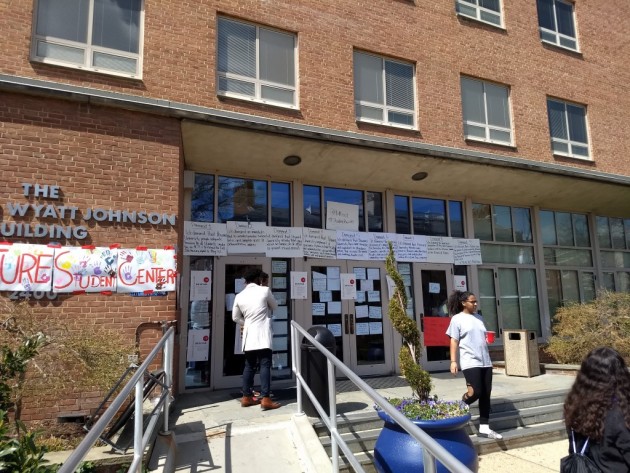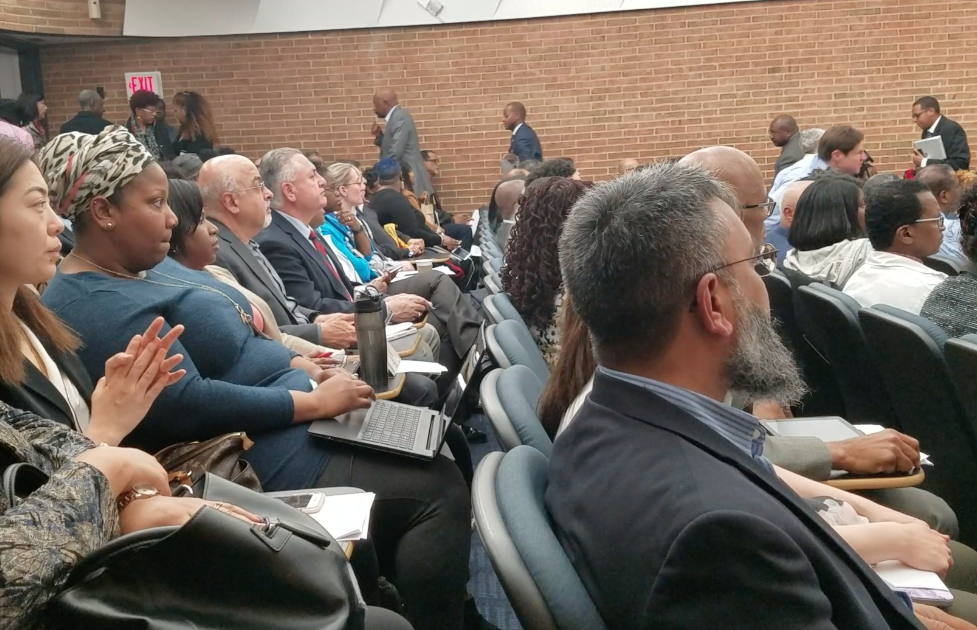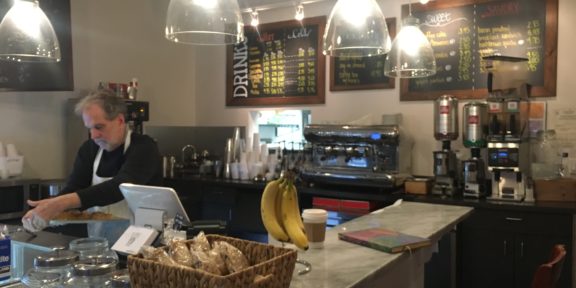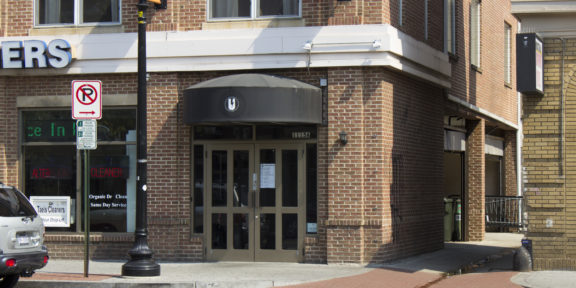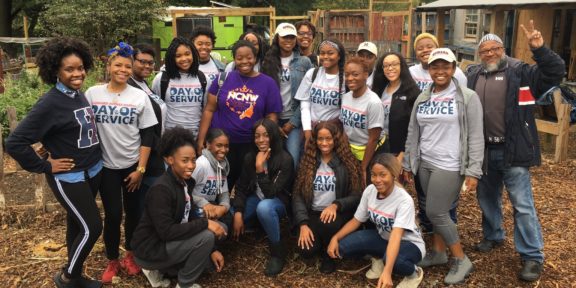Some Fear Commercialization of Residential Areas
The District’s Office of Planning is teetering on a thin line between making the city appealing to newcomers and retaining families that have resided in the city’s neighborhoods for decades.
In the process of revising the city’s zoning regulations, the Office of Planning proposed a number of drastic changes, including a plan that would allow the creation of corner stores in row house neighborhoods as a matter-of-right.
The worry for some advisory neighborhood commissioners and residents is that the combination of allowing corner stores and home-based businesses could effectively transform residential neighborhoods into commercial areas.
The Committee of 100 on the Federal City, a group dedicated to preserving the unique character of D.C., has called the new zoning proposals “one-size-fits-all commercialization of our neighborhoods” and has tried to engage and inform residents.
Commissioners Kathy Henderson of ANC-5D and Anthony Muhammad of ANC-8E have called the process of zoning rewrite disenfranchising.
Other commissioners said that the Office of Planning’s 1,000 pages of revisions are too dense, and they need more time to fully review the proposals, according to a press release from the DC Zoning Changes Network.
Commissioner Jimmy Rock, chair of ANC 1C08’s Planning, Zoning and Transportation Committee, disagreed. He said the process started in 2007 with working groups that anyone could join and that there was no exclusionary factor in the process of developing revisions to current zoning.
“People had a chance to have as much input as they wanted. I find it frustrating that people who come in at the end of the process complain, when they could’ve been involved three years ago,” Rock said.
As for corner stores specifically, Rock said, “ANC 1C has not taken a position on this. But, I personally don’t have a problem with it. The only thing that could open as a matter-of-right is a grocery store.”
For now, opening a food store is a matter-of-right. Any other type of store requires a special exceptions process, including a Board of Zoning Appeals hearing.
“I support this because I think it’s useful for areas that are underserved by grocers,” Rock said. Areas of Southeast D.C. would qualify as “underserved” areas, and the new zoning proposal might create incentive for people to open grocery stores, he said.
New residential flat zones, RF-3 and RF-4, apply to Adams Morgan, and the Kalorama Citizens Association is against corner stores opening in their neighborhoods.
According to the Resolution of the Kalorama Citizens Association Concerning the Ongoing Review of the DC Zoning Regulations, their goal is to protect Adams Morgan neighborhoods from commercial intrusion.
The association unanimously opposed matter of right commercial use and called on D.C. Mayor Vincent Gray (D) and the Office of Planning “to either drop proposal to allow commercial and other non-residential uses in R-5 neighborhoods, or exempt Adams Morgan from any such proposal that may be sent forward to the Zoning Commission for consideration.”
Commissioner Rock said, “From an economic standpoint, small groceries won’t thrive in Adams Morgan-that market is saturated.” There is both a Harris-Teeter on Kalorama Road and a Safeway on Columbia Road only a few blocks away from each other.
Rock also pointed out that people who want to convert their corner properties into retail stores or restaurants would likely choose to do that in a commercial corridor.
As the zoning debate comes to a close and a final version is adopted, there will likely be an increase in pushback from the community, now that the proposals are in the spotlight.
There is no set date for the adoption of the new zoning revisions yet. The Office of Planning is engaging in open house discussions with the public through the end of March.

